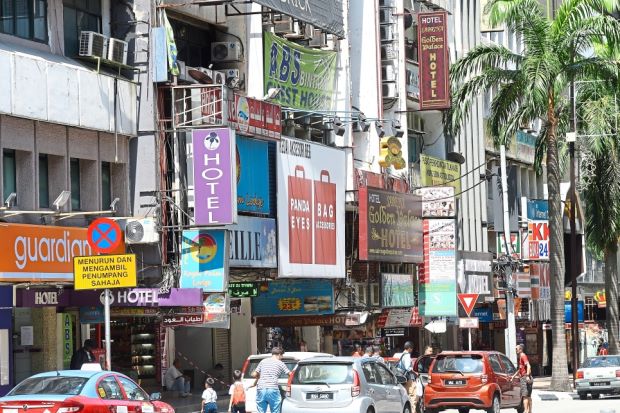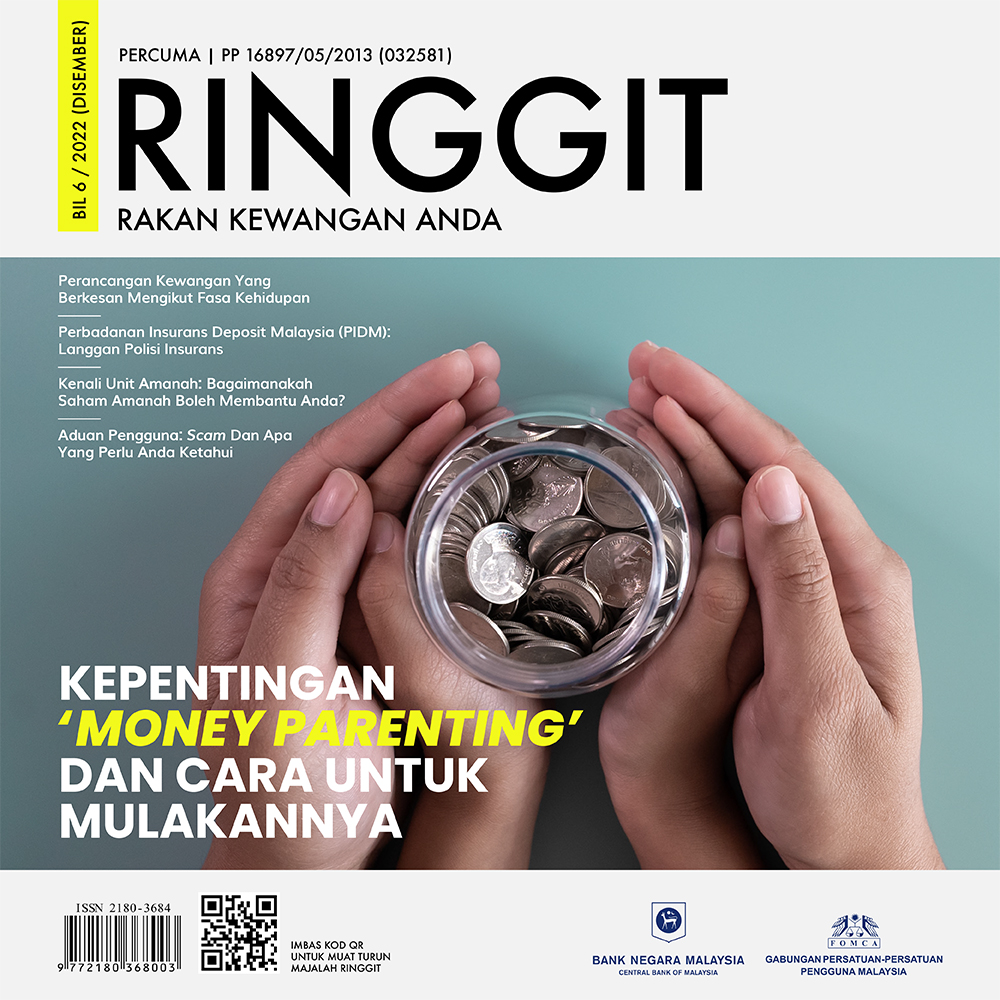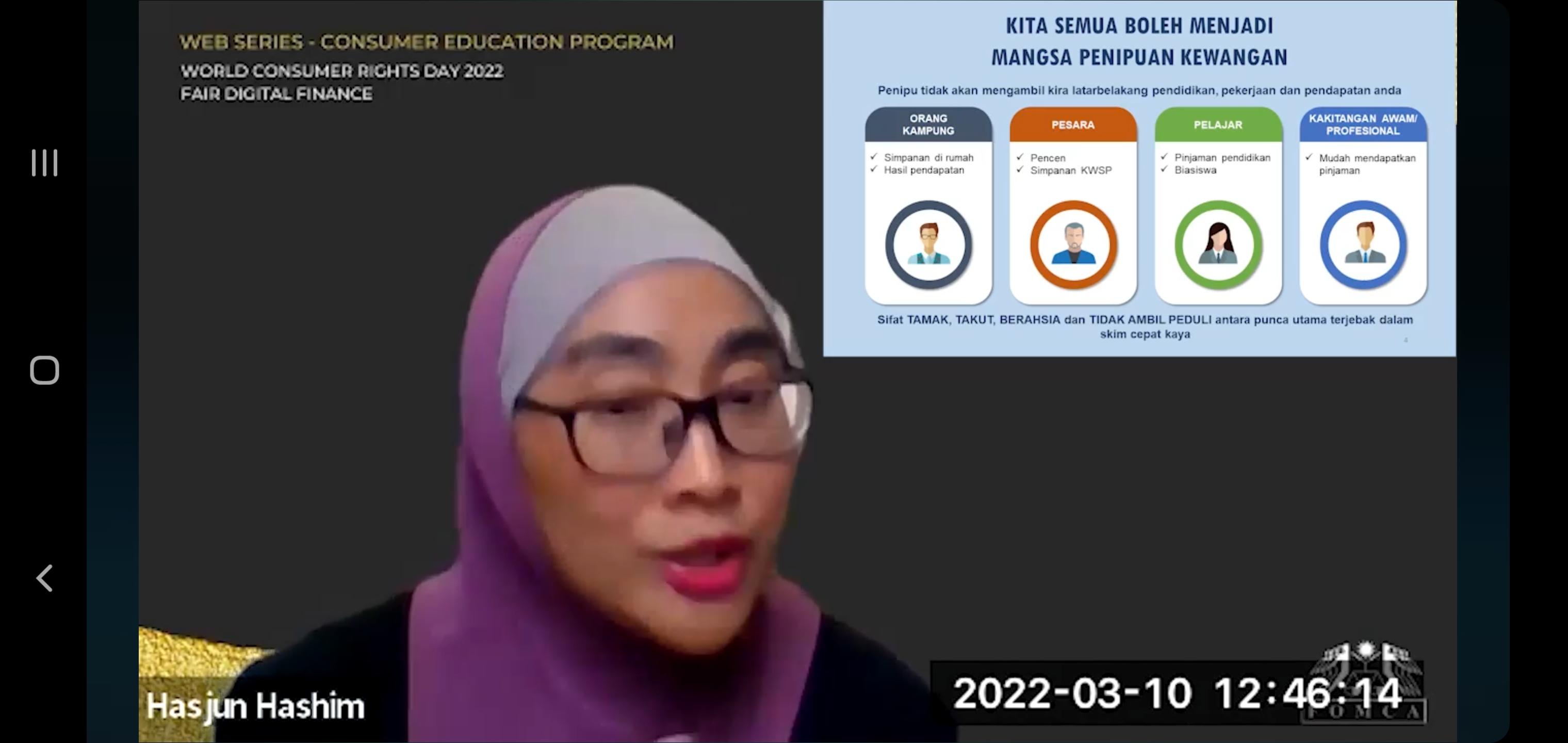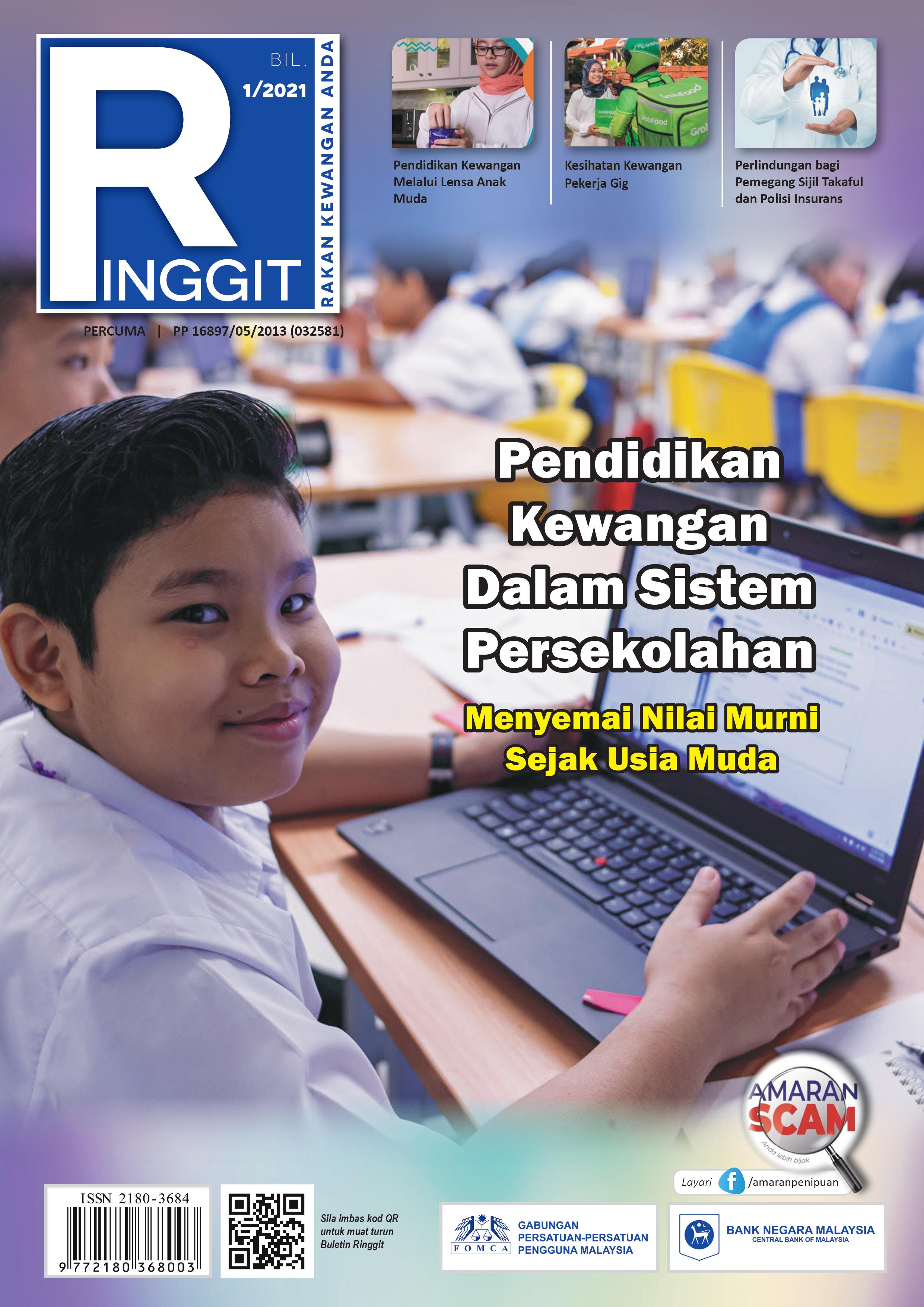ONLINE accessibility to booking accommodations and flights has made travelling a breeze for holiday-seekers everywhere.Today, information is right at one’s finger tips and it is second nature for travellers to scour the Internet when making travel plans.Gone are the days of making room reservations via the telephone as the digital age gives travellers the ease of looking for information on room rates, promotional prices and reviews on the Internet.Travellers also habitually turn to global online hospitality services such as Airbnb and online travel agencies (OTA) such as Booking.com, Agoda and Traveloka for promotional deals – a trend that has been growing since 2013.However, instead of complementing small industry players, such online services have impacted the presence of budget hotels in the hospitality industry.
Tough competition
Malaysia Budget Hotel Association (MyBHA) said budget hotels have faced stiff competition from the online platforms over the last two years.MyBHA Kuala Lumpur chapter president Kenneth Oh said budget hotels (with three-star ratings and below), recorded a drop of 15% to 20% in revenue due to competition.“There are about 500 budget hotels in Kuala Lumpur, and some have been suffering losses in the past two years.“This has resulted in some operators selling off their properties due to lack of business,” he said.Leong and Oh say budget hotels in Kuala Lumpur are suffering due to hefty taxes levied upon them and lack of supervision of players in the hospitality industry. -filepicBudget hotels are struggling for several reasons.Aside from an oversupply of hotels in the city and lower tourism arrivals last year, Airbnb and OTA contributed to the competition while tourism tax and Sales and Service Tax (SST) further added to the burden of budget hotel operators.
Last year, the Tourism, Arts and Culture Ministry recorded 25.83 million tourists arriving in Malaysia, a decline of 0.4% year-on-year in 2017 which recorded 25.95 million arrivals.MyBHA national president Leong Pui Kun said accommodation options (like Airbnb) were direct competitors to budget hotels.He said operators opting for OTA to market budget hotel stays opted for lower profit margin just to attract visitors.“According to Airbnb, it has 44,000 listings throughout Malaysia and is growing fast,” he said.“Women hosts on Airbnb nationwide earn a combined amount of RM159mil last year and we predict the amount to be more for male hosts.“This amount goes out from the hotel industry yearly.
“Budget hotel operators are desperate for business, so they turn to OTA to manage their hotel bookings as many think they can market to a larger group of clients using OTA platforms.“Ultimately, this eats into hotel operators’ profitability because 20% to 30% of the room rates are paid as commission to OTA.“The room rates are also low to keep price competitive and to attract customers.“As a result, budget hotel operators end up earning lower profit margins,” Leong explained.
Unfair rules
Leong said that due to the combination of factors, the budget hotel business was no longer a lucrative option.He said a level playing field among all platforms was obviously lacking.“For example, Airbnb does not have to pay tourism tax.“The fixed rate of RM10 per room per night is charged to foreigners staying in hotels or registered private accommodations.“Compared to four- and five-star hotels, this fee is a low percentage of the overall room rate and most hotel bookings come from the corporate sector which does not mind paying tourism tax,” he said.He noted that tourists preferred looking for Airbnb options because they did not have to pay the tourism tax.With the several months shy of Visit Malaysia Year 2020, it is crucial for the Government to cushion the impact felt by budget hotels by reviewing the tourism tax, said Leong.“There should be more incentives from the Government to help the hotel industry because we, too, contribute to tourism.
“We are also appealing to increase the SST threshold to RM1.5mil compared to RM500,000 now where hotel operators are taxed,” he said, adding that the association was in talks with Tourism Malaysia to review the tourism tax.Presently budget hotels are taxed if they have revenue of more than RM500,000.Leong said even regular customers who used to call to make hotel bookings were turning to OTA for cheaper rates.“We can set up our own OTA for budget hotels but we do not have marketing funds.“People spend a lot of money on search engine optimisation for their properties to appear at the top of the list in Google searches.“We must be united to stop others from selling our rooms but everyone needs to be on the same page.“Take India for example, where a group of hoteliers worked together and refused to use OTA to manage their bookings.“This move gave the hotels better profit margin,” he said.Budget hotels in Kuala Lumpur are said to have experienced a 15% to 20% reduction in profits for the past two years.
Lag policies
Budget hotels suffered a blow when Kuala Lumpur City Hall (DBKL) froze the issuance of operating licences in 2016 as many premises were unable to adhere to building safety requirements.MyBHA is currently appealing to unlicensed budget hotels to register with the association so that it can help them liaise with the authority for licences to legalise them.As of last year, Airbnb hosts were required to register with DBKL but until today, there are no laws to regulate the online hospitality service.DBKL executive director (Socio-Economic Department) Datuk Ibrahim Yusoff admitted that a lot still needed to be ironed out in terms of the policies governing Airbnb and homestays.
“City Hall is in the midst of collecting data on Airbnb hosts, which will be presented to the ministry on how to license such businesses.“We still need to study this as it involves all sorts of business models.“Some manage their bookings online while some do not even record guests’ details.“Without suitable policies in place, the government is losing in taxes,” he said, adding that DBKL would be following up on the matter soon.
Read more at https://www.thestar.com.my/metro/metro-news/2019/05/23/tough-times-in-hospitality-industry/#Gally4ue13YVg4Ji.99









